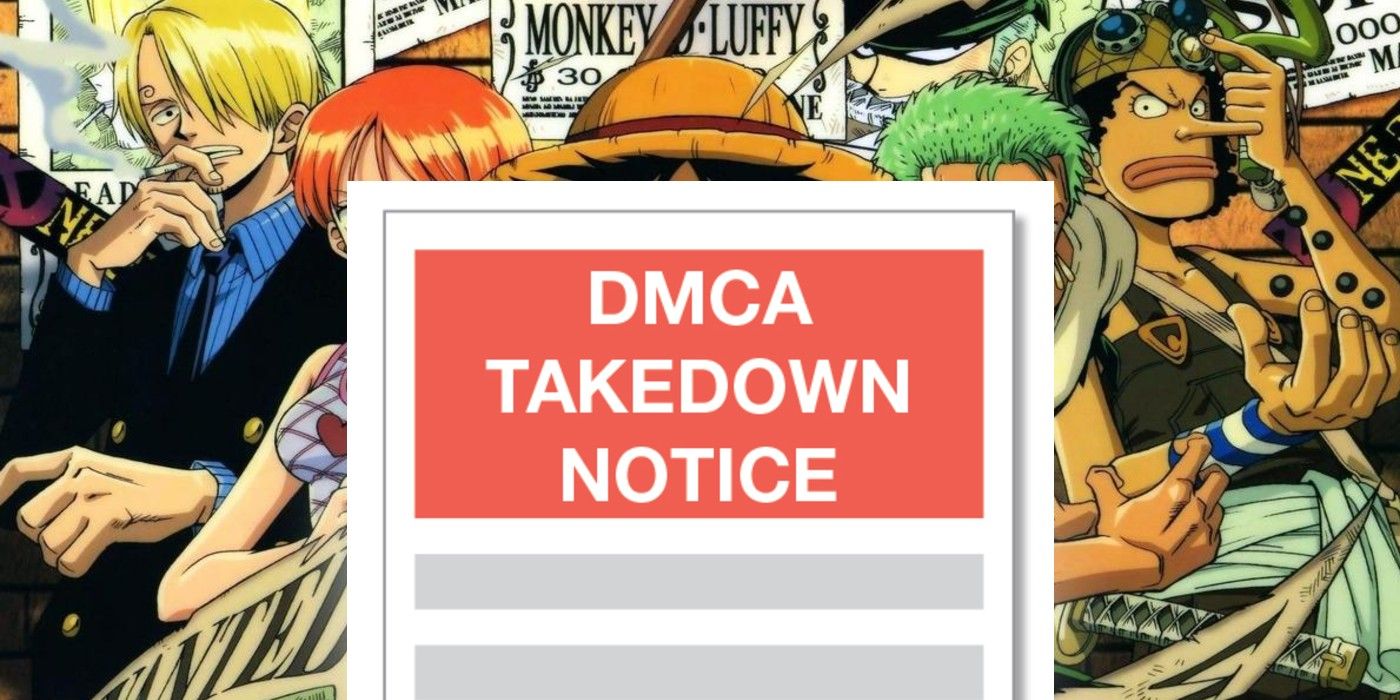Back in January of this year, the news broke that popular manga publisher Shueisha was issuing large numbers of copyright strikes to users across various social media platforms, taking down everything from manga images, to reviews, to fan art. This made many people quite upset, as Shueisha owns some of the most popular franchises in manga history, and seemingly everyone, regardless of context, was at risk. Now that the company has taken the time to respond to the controversy, however, the stories surrounding the Shueisha copyright takedowns aren't as straightforward as they once seemed.
According to a statement titled "Copyright Infringement Scam," Shueisha was not responsible for the takedowns at all. In fact, the company claims to have been "falsely misrepresented" by someone who has issued removal requests for images and media related to Shueisha properties. The rather short statement claims that the company is discussing with Twitter and other platforms how to get things cleared up, and deal with the whole mess.
So problem solved, right? Well, it's hard to say. Theoretically, this means that anyone who had their content falsely flagged will be able to get it restored, and have any penalties removed from their accounts. That said, some people may not bother to restore anything that was taken down, out of disinterest, or resentment, or just fear of receiving another strike. For those unfamiliar, a copyright strike typically means that the content must be deleted immediately, and the creator will have to either fight the claim to repost the material, or simply let the whole thing drop and let it stay removed. In many cases this process is used for removing pirated materials from social media platforms, usually by using an algorithm that detects whether or not copyrighted material is being shared without a license.
In practice, however, copyright law is murky territory, especially on the internet, where the lines between transformative work and infringement grow blurrier every day. Most companies take a laissez-faire approach to things like fan art, gif sharing, and reviews, choosing to let them be under the notion that fan engagement is better for their brand in the long run. The problem is that not every company feels that way, and will aggressively take down anything that features their content and IP, even for things like reviews and fan art that most people would consider uncontroversial.
This is partially because the limits of copyright infringement on social media have rarely been tested, and nobody wants to get into a long protracted legal battle over something as minor as a manga review. Platforms like Youtube and Twitter default to removing content immediately, and leaving a creator to sort out the details between themselves and the company. While there are systems in place to restore flagged content, removing something like a review or video can often seriously damage the creator's revenue, forcing them to fight to get it back up all the while missing out on the peak of audience interest.
Another problem of course is the fact that, as this Shueisha incident has shown, it is apparently quite simple for someone to impersonate a company and issue a wave of copyright strikes against whoever they wish. Youtube creators in particular have often complained of copyright strikes from random corporations that have no legal claim to the material used. Regardless of whether or not the strikes are removed retroactively, many creators are still justifiably concerned that their accounts could be struck again, and any strike puts a heavy burden on an individual who may have done nothing wrong, with barely any burden of proof placed on those making the claim.
Overall it's a good thing that this particular issue with Shueisha has been settled, but it points yet again to a difficult conversation regarding the gray areas of copyright law, and particularly how easily it can be weaponized against innocent parties. Hopefully, all those who received strikes will have their accounts and content cleared, and perhaps the whole event will inspire more discussion on what can be done to prevent similar incidents in the future.

